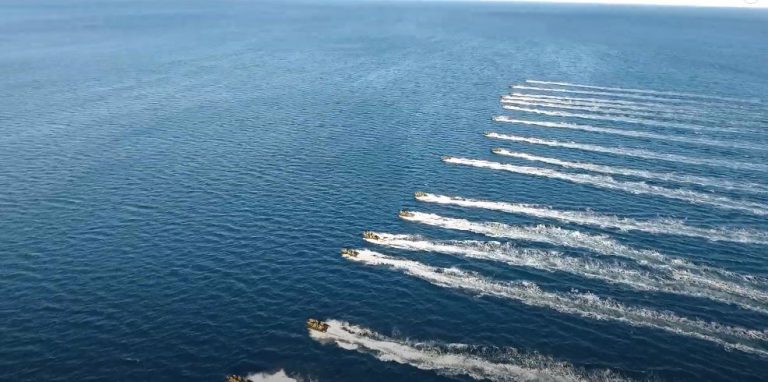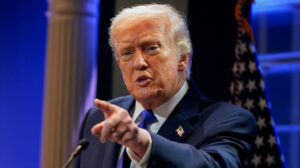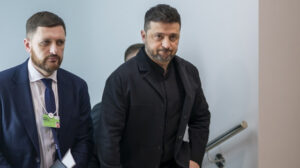In an op-ed piece, German newspaper Tagesspiegel expresses the certainty that NATO will eventually be compelled to act as a mediator in the Greek-Turkish crisis, as the German media continues, although with lower intensity, to cover the developments in the eastern Mediterranean theatre, the movements and initiatives of the two main parties.
The Berlin-based newspaper outlines the danger of the crisis further escalating, adding that both NATO members-states are pursuing “unrealistic, maximalist demands and are preparing for a military confrontation”.
also read
French and Greek warships in joint naval exercise in Eastern Mediterranean (photos-video)
The new U.S Under Secretary of Defence for Research and Engineering is from Chios
According to German columnist, an additional point of concern is that Turkey is following an aggressive foreign policy and the formation of an anti-Turkish alliance, leading to a hardening front. The writer notes: “The danger is that politicians may stir up the atmosphere in their countries to such an extent that a mistake or a misunderstanding is enough to cause a spark in the powder keg. The West has a strong interest in preventing this from happening. At the end of July, Chancellor Merkel was able to calm the situation, but this is not enough to put the negotiation process on track. The EU could start a dialogue, but from the Turkish side there is a problem of credibility, because in addition to Greece and Cyprus, France has also joined the anti-Turkish camp. That is why it will end up (the situation) in a NATO mediation. The alliance has no time to waste. ”
To shed more light on the reasons for the resurgence of the conflict, the Tagesspiegel columnist notes that the region is very important globally. “Whoever is strong in the eastern Mediterranean plays a role in the war in Syria and Libya,” he underlines.
“Add to that the presence of hydrocarbons and the proximity to the Suez Canal, which make the eastern Mediterranean a vital economic region.” And Tagesspiegel observes: “In their public rhetoric, Turks and Greeks appear as victims, who, despite the supposedly unjust attitude of one side to the other, want to solve their problems at the negotiating table. That is exactly the opportunity for the EU and NATO. Neither the Turks nor the Greeks want a war. “Because the economic and political damage from such a confrontation would be enormous.”
Ask me anything
Explore related questions





